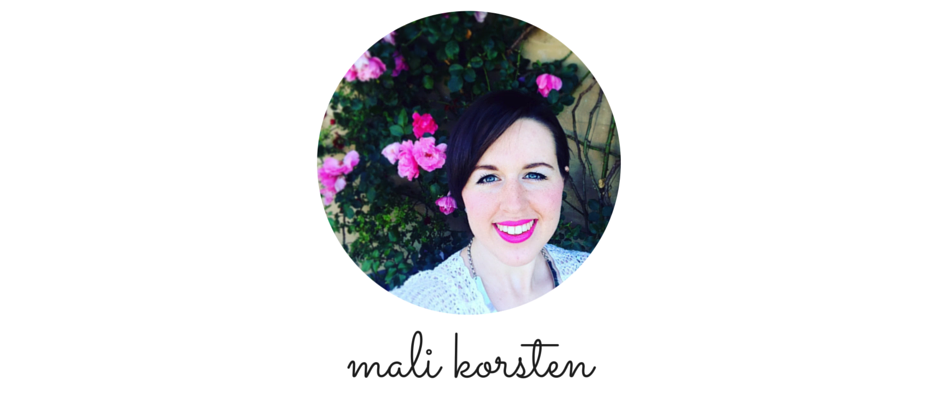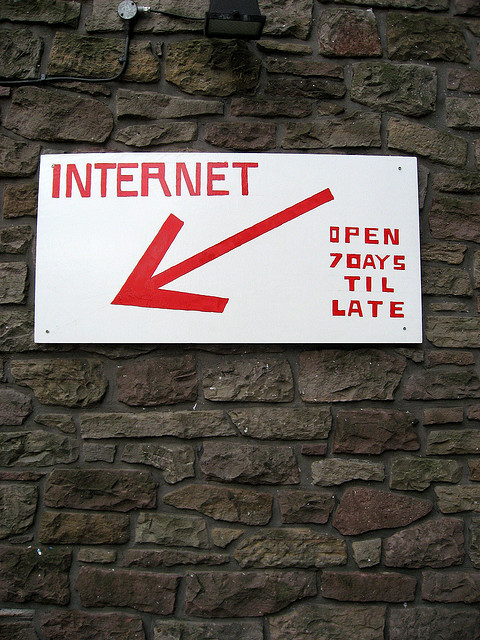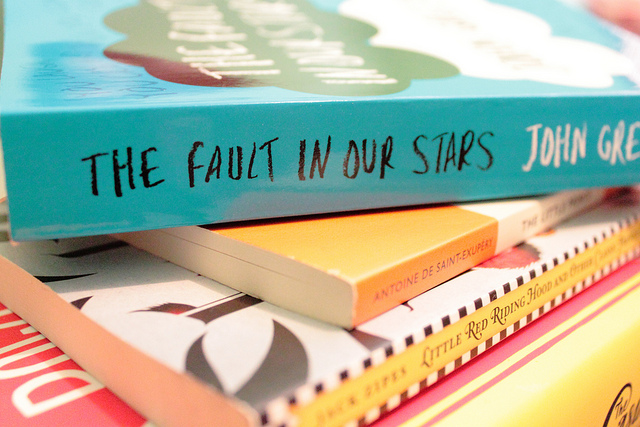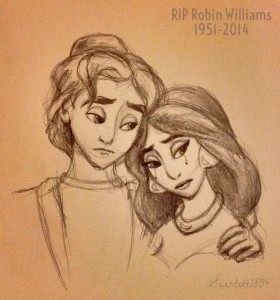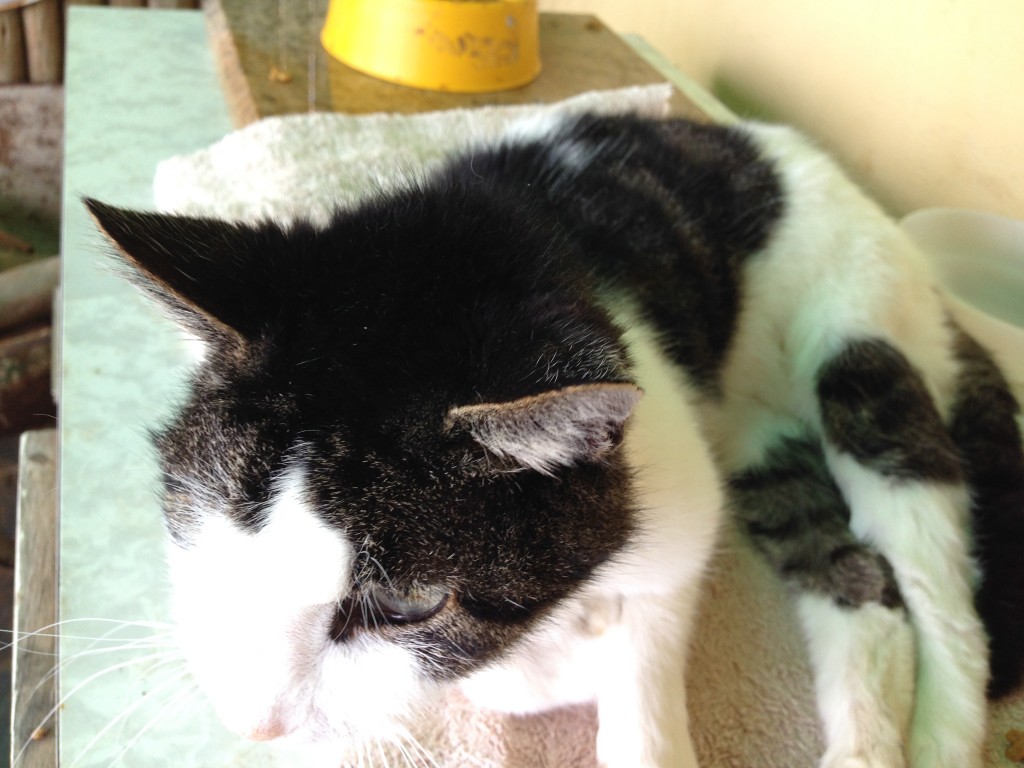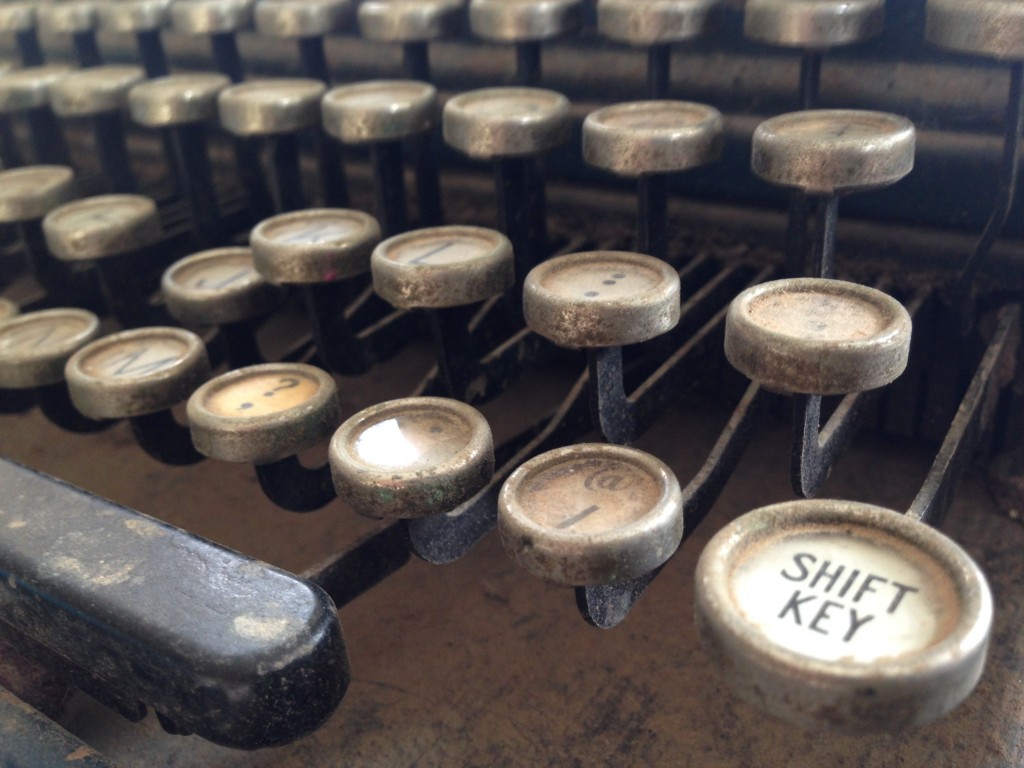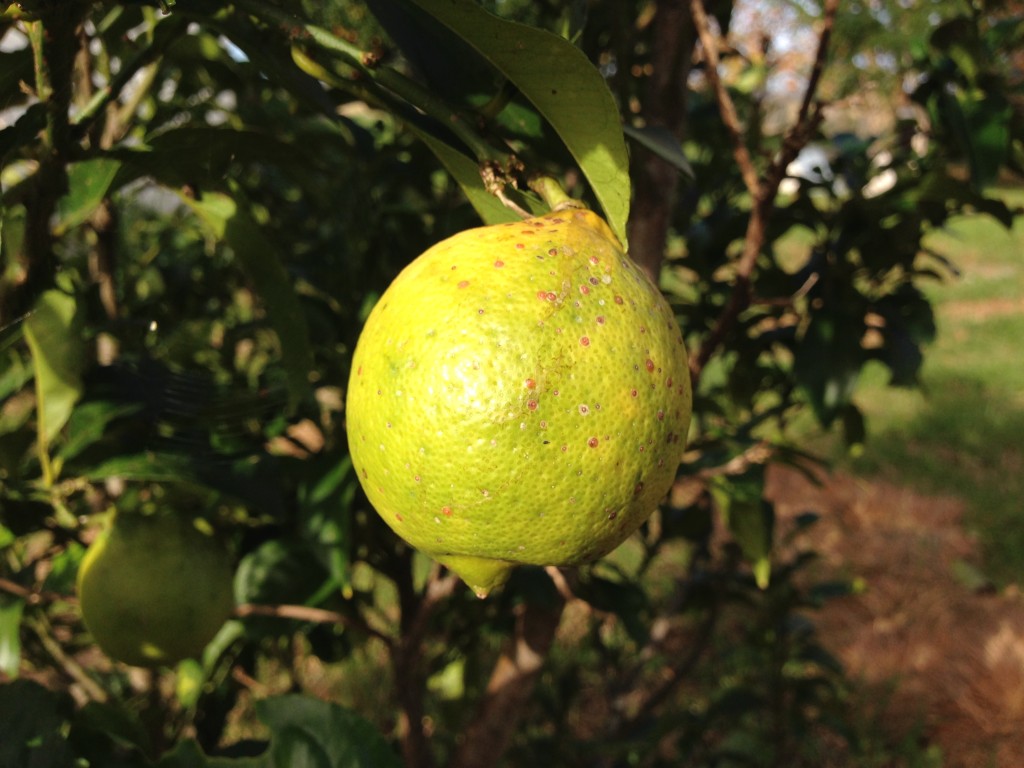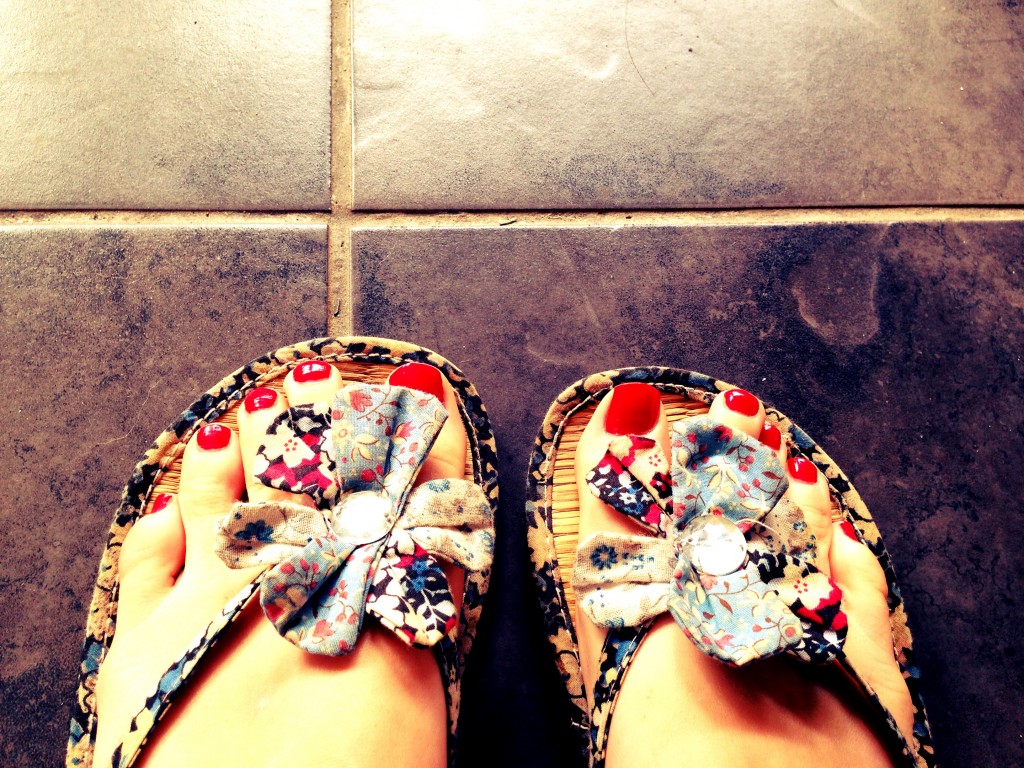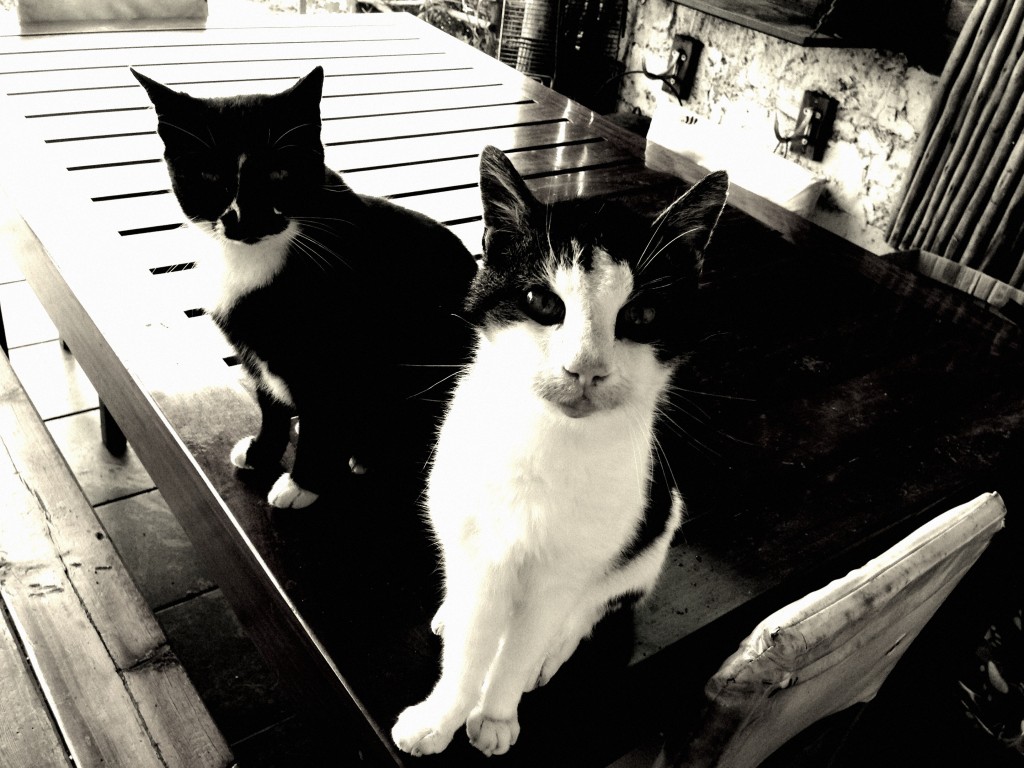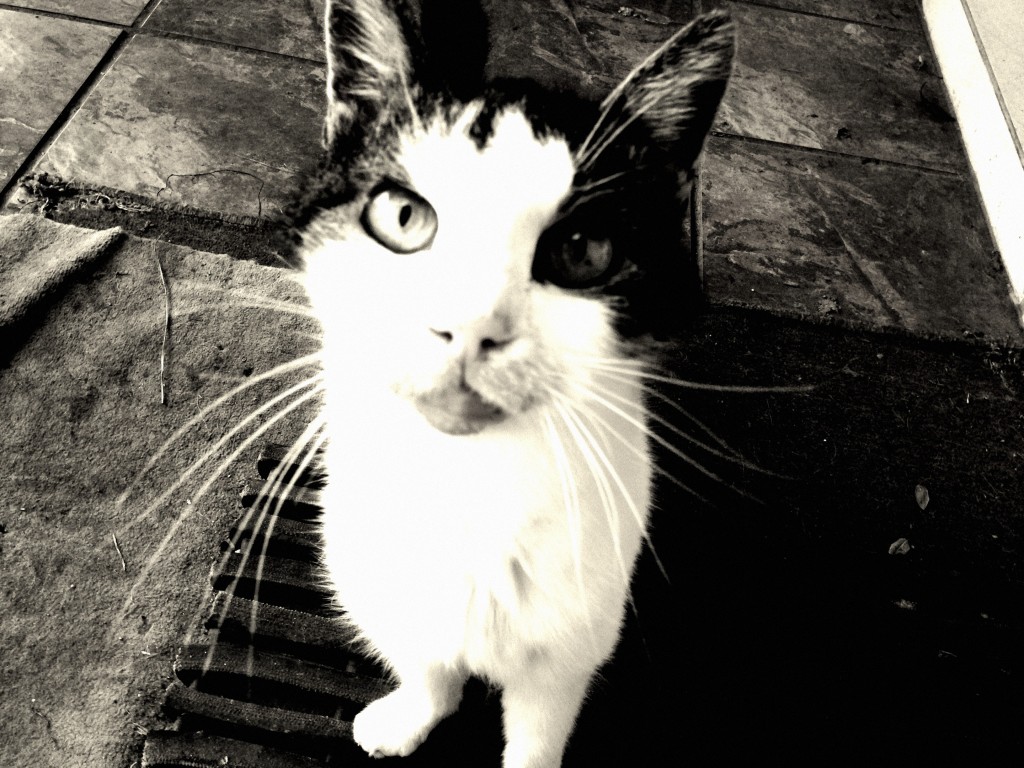Working from home is awesome, but it can also present many challenges which, if not addressed and overcome, will hamper productivity. Here are ten tips for maximising your output and avoiding common pitfalls:
1. Make your bed. Start your day as you mean to continue. If you make your bed as soon as you get up, you’ve accomplished something before you’ve even had your morning coffee! This will have a powerful effect on your self-belief and will leave you feeling more motivated and able to conquer the tasks you’ve set for yourself.

2. Get out of your pyjamas. When you work from home, it’s super tempting to allow a dressing gown and slippers to become your daily uniform. But in my experience, this makes work extremely hard. PJs and the like make you feel relaxed and cosy in a way that is not conducive to getting stuff done. Get dressed in the morning will make you feel good about yourself (which is conducive to getting stuff done) and is a great way of reminding yourself that you mean business.
3. Don’t put off completing quick yet important tasks. If I leave dirty dishes in my sink, I can pretty much guarantee I’m going to have an unproductive day. Why? Because washing the dishes is a quick and important job that I feel should be taken care of before I get stuck into anything else. So, if I delay washing the dishes, I tend to delay everything else too. Keeping on top of them throughout the day frees me up to focus on other things without being distracted by the nagging knowledge that there’s a sink full of dirty plates waiting for me. If there are simple chores that you know will weigh on your mind, commit to getting them done as early in the day as possible.

4. Plan your days. Having a daily schedule can help keep you from slipping into unhelpful habits such as spending three hours on breakfast, getting sucked into YouTube marathons, forgetting to eat, etc. It’ll also help you to stay accountable to steps 1-3. Decide in advance how much time you will dedicate each day to different activities (including breaks and leisure time), and stick to that plan as closely as possible.
5. Have a To-Do List. So simple, yet so effective. When I have a clear outline of the things I want to achieve each day, I am so much more productive. Having a to-do list will help you to prioritise the more pressing tasks, whilst remembering to make time for the jobs that might be less urgent but still important. Being able to see the day’s goals at a glance will make it harder to procrastinate, and the satisfaction of being able to tick a completed task off the list will serve as extra motivation. (I use the Wunderlist app to manage my to-do list.)
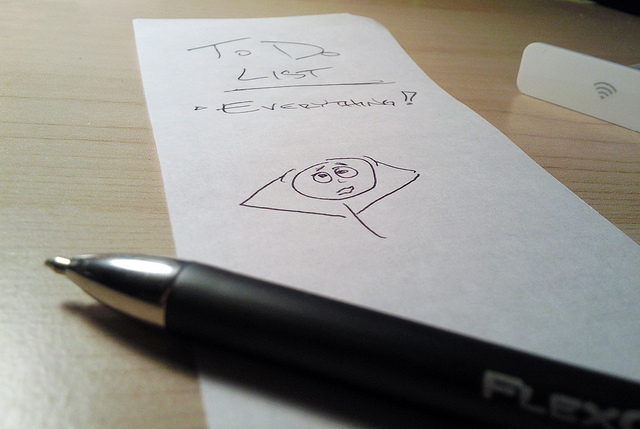
6. Log out of Facebook and Twitter. Because let’s face it, it’s just too tempting to scroll mindlessly for hours on end. Instead, schedule your social media time and leave yourself signed out the rest of the time. (Obviously if your work is based around social media then this doesn’t apply to you. Just be sure to log out of any accounts that aren’t relevant to the specific job at hand.)
7. Have a designated work space and use it. The bed and couch are really not great places to get work done. Not only is it harder to motivate yourself when you’re sitting in a space intended for relaxation and sleep, but it’ll make relaxation and sleep harder if you’re constantly bringing work into those spaces. If you don’t have the luxury of a home office, a small desk and chair will do the trick, and can be set up in any room. The important thing is to create an element of separation between work and leisure.
8. Schedule outdoor time. Not leaving the house for days on end is surprisingly easy when you work from home, but it’s not the smart choice for your mental or physical health (both of which are important factors in productivity). Whether it’s going for a walk, playing with your dog, or just having breakfast on the porch, resolve to spending a minimum of 30 minutes outside each day.

9. Down tools at a designated time every day. The boundary lines between work time and personal time can get seriously blurred when you’re self-employed and/or working from home. Without a pre-determined end-time for your work day, you’re more likely to fall into bad habits such as postponing tasks, working late into the night, and over-working (which will lead to burnout). Decide in advance what your working hours will be and stick to that.
10. Wind down. Make sure you allow yourself enough time each evening to relax and disconnect from work. Have a bath, read a non-work-related book – whatever helps you shift into sleep-mode. I cannot over-emphasise the importance of a good night’s sleep. You simply cannot function optimally in any area of your life if you’re chronically tired and under-slept. Make sleep a priority, and do whatever it takes to get quality shut-eye every night.

Do you work from home? What are your tips for greater productivity? Share your thoughts in the comments section below!
Photo Credits:
“New Furniture” courtesy of Becky McKimmy
“dishes” courtesy of Olga
“5/4/2010: To-Do List” courtesy of john.schultz
“99/365: Relax” courtesy of Andrés Nieto Porras
“Gidleigh Park spa suite 2” courtesy of Victoria Winters
